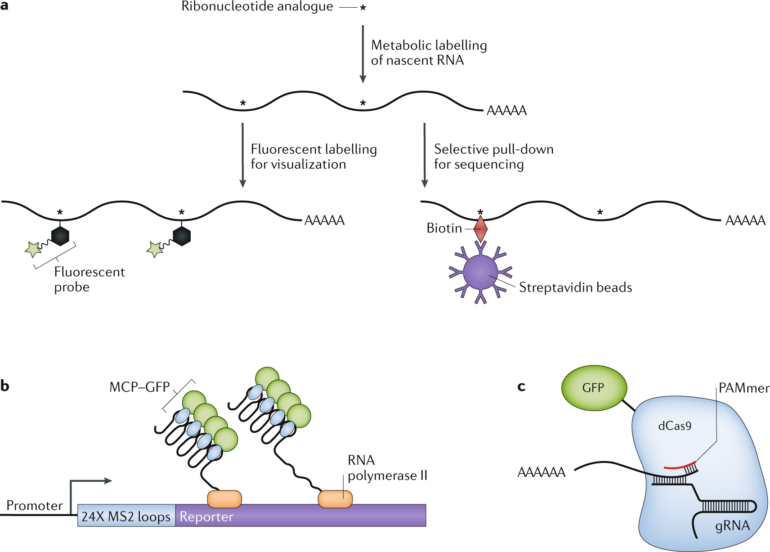Early development of an embryo is solely supported by maternally deposited RNAs and proteins until its own genome is activated through a process called zygotic genome activation (ZGA). Recent work by Chinese scientists has revealed a novel molecular mechanism of how a totipotent chromatin is established and an orderly zygotic genome activation is controlled in early Drosophila embryos.
Results of the study were published in Proceedings of the National Academy of Sciences on November 14 titled “HIRA and dPCIF1 coordinately establish totipotent chromatin and control orderly ZGA in Drosophila embryos.”
The zygotic genome remains transcriptionally silent in the early stage; then the early embryo undergoes profound changes in its genomic architecture and reprograms the chromatin from a germ cell to a totipotent state.
During the maternal-to-zygotic transition in Drosophila, the pioneer transcription factors Zelda and GAF jointly regulate the transcriptional activation of zygotic genes in the early embryo, ensuring that the embryo successfully transitions to subsequent developmental stages.
Prof. Sun Qinmiao and his group from the Institute of Zoology of the Chinese Academy of Sciences, joined forces with Chen Dahua’s group from the Biomedical Research Institute of Yunnan University, trying to unravel the establishment and maintenance of the totipotent chromatin state in early embryos and how pioneer transcription factors are regulated to initiate gene expression in a timely, orderly manner during early embryonic development.
The researchers investigated the function of dPCIF1 and found that maternal depletion of dPCIF1 leads to significant embryonic lethality. Maternal depletion of dPCIF1 also results in a significant increase in the distribution of the pioneer transcription factor GAF on early embryonic chromatin, indicating that in the early embryo, dPCIF1 maintains normal zygotic genome activation by antagonizing the function of GAF.
Further research revealed that the specific histone H3.3 chaperone HIRA interacts with both dPCIF1 and GAF in the early embryo. Maternal depletion of HIRA causes complete embryonic lethality and a general downregulation of zygotic gene expression, with the downregulated zygotic genes being highly consistent with those prematurely activated in embryos with maternal depletion of dPCIF1.
“dPCIF1 acts as a surveillance factor, assisting HIRA in achieving orderly zygotic genome activation by controlling the premature activation of GAF,” said Prof. Sun.
This study identified a novel mechanism for the orderly regulation of zygotic gene activation during early embryonic development, providing new insights into the regulatory mechanisms of zygotic gene activation.
More information:
Guoqiang Zhang et al, HIRA and dPCIF1 coordinately establish totipotent chromatin and control orderly ZGA in Drosophila embryos, Proceedings of the National Academy of Sciences (2024). DOI: 10.1073/pnas.2410261121
Provided by
Chinese Academy of Sciences
Citation:
Researchers characterize regulating mechanism of orderly zygotic genome activation in early embryos (2024, November 18)



